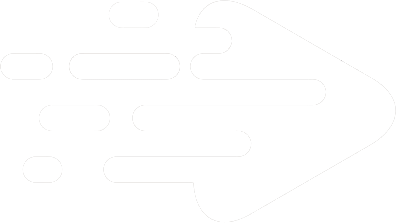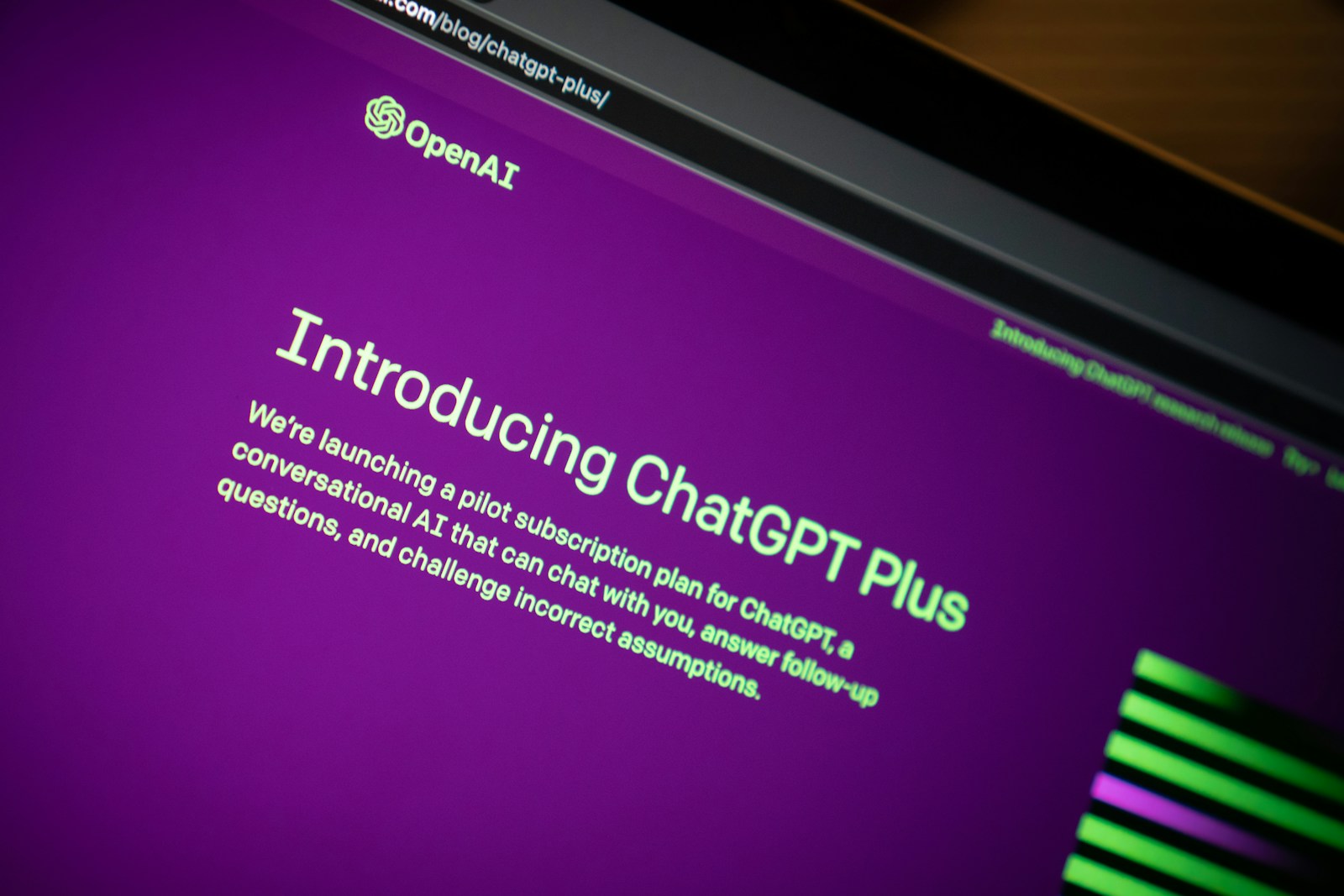Cover letters and resumes can be tedious to write. ChatGPT, a popular AI chatbot, can write them quickly. But should you use them in your job hunt?
In today’s competitive job market, candidates need to make a strong first impression to stand out from the pack. And for an increasing number of job seekers, that means using an artificially intelligent chatbot to write and edit their job applications.
ChatGPT, which was made free and publicly available by the artificial intelligence lab OpenAI in November, is a chatbot powered by machine learning. People can ask it questions and it provides a quick response based on “a massive dataset of human-generated text,” as ChatGPT will tell you.
ChatGPT’s capabilities are remarkable and are already transforming how students write essays and how teachers grade and plan lessons. It can write surprising raps, eerie poems and detailed cover letters based on information you give it. It gives people answers that are not just grammatically correct, but with an understanding of how hiring managers want to read it.
As an example, I asked ChatGPT to write a cover letter for a barista role that highlighted a passion for coffee and customer service experience. In less than a minute, I had a detailed response:
For job-hunting, you can also tailor ChatGPT answers to your unique needs by copying and pasting your resume into its chat feature and asking it to build cover letters based on that resume and the role you want.
“The more specific you are to ChatGPT, then the better your results will be,” said Gabrielle Woody, a university recruiter for the financial software company Intuit. “When I type ‘I am a job seeker looking for a software engineering role at a startup. How can I make my application stand out’ into ChatGPT, it comes with recommendations of how to highlight skills, technologies and industries that one has previously worked in.“
Ashley Pancoast, a Wilmington, North Carolina-based data analyst who is currently job hunting, has asked ChatGPT questions like, “How can the resume be improved to match the job description?” to help tailor their cover letter and resume. Pancoast said the number of interview callbacks they have gotten has increased using ChatGPT for help. They see ChatGPT as “if it were a professional I was consulting with to give me feedback.”
“I mostly ask it for key competencies that are listed in the job description, and then for it to … summarize things easily for me,” Pancoast said. “Since job searching takes so much time, it just makes things go quicker.“
For Pancoast, ChatGPT is helpful at generating potential job interview questions they have not thought about, too. “If I have questions, I can ask it, ‘Can you explain this key competency more? What it would it look like in the job?’ I’ve also asked it, ‘What interview questions might they ask me for this job description and I can think through ‘OK where does my experience line up with that?’”
Recruiters think it can be a good starting point. But they caution about using it without edits.
The results of ChatGPT-written job applications are uncanny and can fool humans. There have already been instances where companies have recommended people using ChatGPT-generated job applications for a job interview.
“I suspect a lot more candidates are using it and honestly, I couldn’t tell you who is and isn’t right now –– I think that’s part of the power of using a tool like this that will build responses around your specific examples,” said Bonnie Dilber,a recruiting manager with app-automation company Zapier.
Jerry Lee, the COO for a job-search coaching firm, claimed on TikTok that he got seven callbacks in two days after he used ChatGPT to write applications for 190 jobs.
Some job seekers see using ChatGPT as a way to level the playing field in a job-search process that can seem largely out of a candidate’s control. As one comment to Lee’s TikTok reads: “They use automation so can we.”
Recruiters said they were fine with job seekers using ChatGPT to automate parts of an application, as long as they add in their own voice.
“So much of recruiting leverages standard templates and automated responses, schedulers, etc.,” Dilber said. “I love any tool that will help a job-seeker bring the same approach to their search. But just as a great recruiter starts with the templates and then tweaks for the individual role and candidate, a great job applicant should do the same.”
Tejal Wagadia, a recruiter for a major tech company, said ChatGPT’s cover letters can be a good starting point. But in the end, it is a computer program that cannot go beyond repeating what you say in a resume. And one of the biggest mistakes you can make in a cover letter, experts say, is to be generic and boring as if you just copy-pasted a template.
Wagadia said when she tried putting in specific resume and cover letter templates to tailor ChatGPT’s response, it still created a generic cover letter that would not be helpful for a recruiter evaluating a candidate.
“The cover letter that it gave me was full of fluff words,” Wagadia said. “It is saying words like ‘dedicated,’ ’highly efficient, ‘productive,’ ‘detail-oriented’ – things that we consider nonquantifiable words that don’t really add anything to your resume.”
In this way, Wagadia said the fact that ChatGPT can do a good job of writing subjective cover letters demonstrates the limit of using them to evaluate candidates. She personally finds that a portfolio of someone’s work can give recruiters better insight into a candidate’s writing style.
Beyond its use of subjective fluff words, a drawback to ChatGPT is that it cannot fact-check itself. As ChatGPT explains to users: “The system may occasionally generate incorrect or misleading information and produce offensive or biased content. It is not intended to give advice.” But its answers can surprise you, as they did for me.
When I asked ChatGPT to write me a poem on how job seekers are using ChatGPT for their cover letters, it immediately wrote back to me, in part:
“It’s a tool that’s worth a try,
To make your words fly high,
No more writer’s block, no more sigh,
Your letters will be sharp, like a spy.
But don’t forget to add your touch,
Make it personal, that’s the key,
Don’t let the machine do too much.”
Whether you are an AI-powered chatbot or a job seeker, these are good words of moderation to live by when job-hunting. At best, the AI tool can refine your answers and give you writing inspiration. But ChatGPT cannot yet fully replace your own voice. It may help you get a callback, but you will have to be the one doing the job interviews.
Take it from Pancoast, who has asked ChatGPT to point out strengths in their job application answers and to note which qualifications Pancoast may not have mentioned. Pancoast said they appreciate the pep talks ChatGPT gives, but also are aware of the limitations in its answers.
“It doesn’t know me,” Pancoast said. “It has my resume, it has my cover letter, it doesn’t have my full life experience, but again, it just gives you things to think about.”
Are you tired of the endless and frustrating job search process? Look no further than FasterGig – the smarter, automated method that will help you get remote video jobs 10 times faster with minimum effort.
With FasterGig, you can find new job opportunities in your area or even remote positions without the need for previous experience. Our website offers a quick and easy way to apply to jobs and find gigs that fit your skills and needs.
Say goodbye to the stress and time-consuming job search process and hello to a new job with FasterGig!
Click here to get started on your journey towards a brighter and more fulfilling career in the video production industry.

